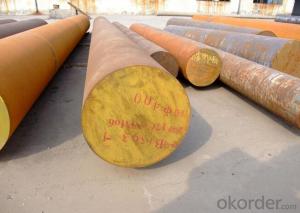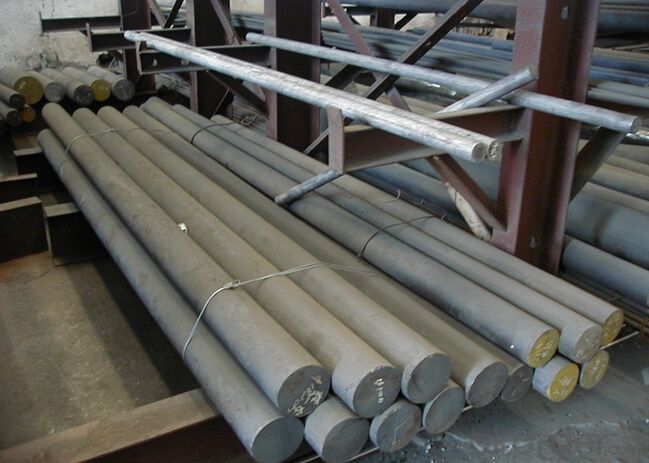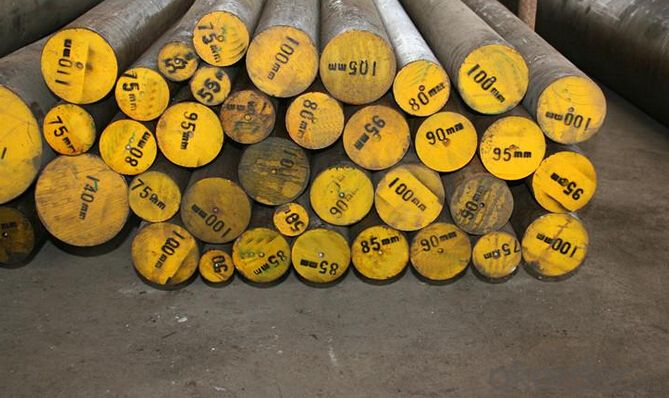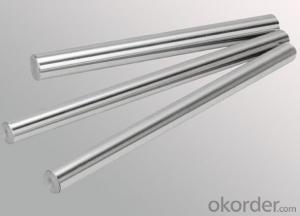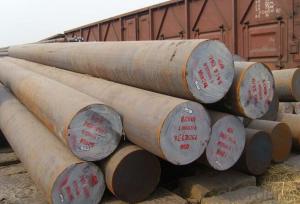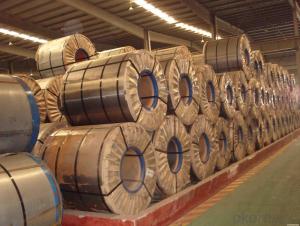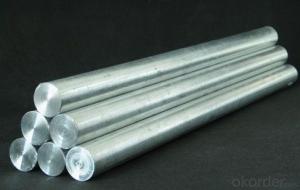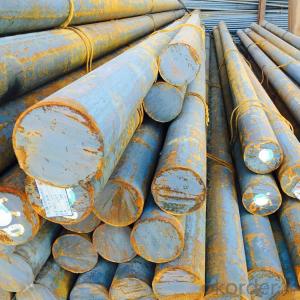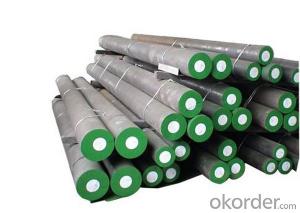Special Steel ck60 ck67 ck70 ck75 Carbon Spring Steel
- Loading Port:
- China main port
- Payment Terms:
- TT OR LC
- Min Order Qty:
- 30 m.t.
- Supply Capability:
- 10000 m.t./month
OKorder Service Pledge
OKorder Financial Service
You Might Also Like
Specification
Product information:
Delivery condition (strip,coil,sheet) | Grade based on DIN Standard | High quality heat treating steel strip, coil, sheet supply capacity and condition | |||
Hardness<20HRC | Hardness 29-55HRC | ||||
annealed | hardened and tempered | ||||
thickness | Width | thickness | Width | ||
High carbon steel | CK50,CK55, CK60,CK67, CK70,CK75, C75Cr1 | 0.15-2.5mm | 8-600mm | 0.15-2.5mm | 8-300mm |
Alloy spring steel | 50CrV4, 51CrV4, 60Si2Mn | 0.20-2.2mm | 8-180mm | 0.20-2.2mm | 8-180mm |
Stainless spring steel | 3Cr13-6Cr13 | 0.20-2.5mm | 8-150mm | 0.20-2.5mm | 8-150mm |
Edge process | slit edge; both rounded; one side round, one side slit; square etc | ||||
Finish surface | polished (blue, yellow, white, grey-blue, black, bright) or Nature etc | ||||
Tolerance | thickness +/-0.01mm max; width +/-0.05mm max | ||||
Physical property | Tensile strength: 450-1850N/mm2 | ||||
Product Show:
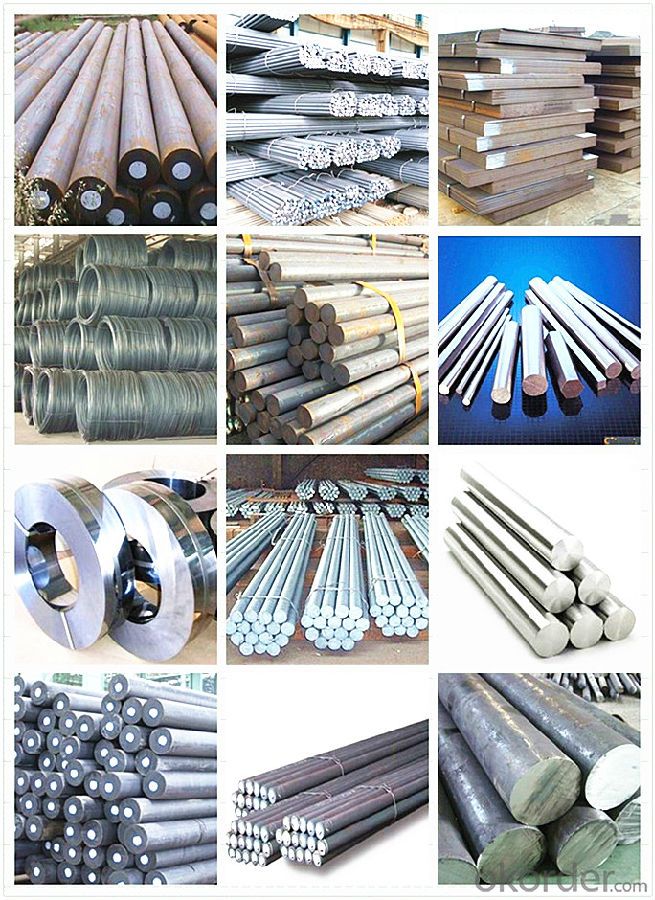
Workshop Show:
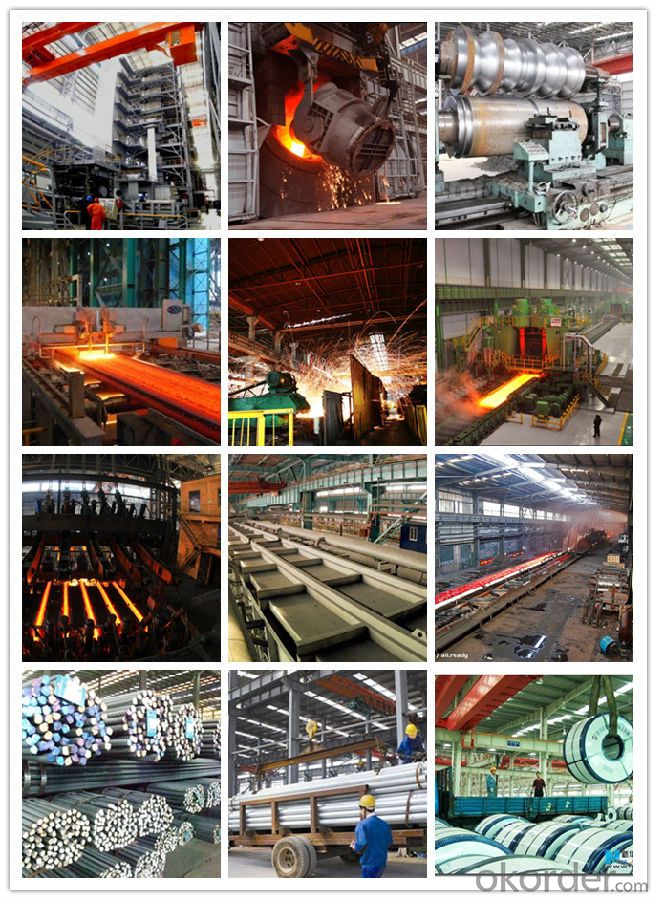
Shipping
1. FedEx/DHL/UPS/TNT for samples, Door-to-Door;
2. By Air or by Sea for batch goods, for FCL; Airport/ Port receiving;
3. Customers specifying freight forwarders or negotiable shipping methods!
Delivery Time: 3-7 days for samples; 5-25 days for batch goods.
Payment Terms
1.Payment: T/T, L/C, Western Union, MoneyGram,PayPal; 30% deposits; 70% balance before delivery.
2.MOQ: 1pcs
3.Warranty : 3 years
4.Package Informations: 1) EXPORT, In 20 feet (GW 25 ton) or 40 feet Container (GW 25 ton)
2)as customer's requirement
Why choose us?
(1) The leading exporter in China special steel industry.
(2) Large stocks for various sizes, fast delivery date.
(3) Good business relationship with China famous factories.
(4) More than 7 years steel exporting experience.
(5) Good after-sales service guarantee.
- Q: How does special steel contribute to the aerospace aftermarket industry?
- Special steel plays a crucial role in the aerospace aftermarket industry by providing critical components that are essential for the safe and efficient operation of aircraft. The high strength, durability, and temperature resistance of special steel make it an ideal material for various aerospace applications. One of the primary ways special steel contributes to the aerospace aftermarket industry is through the production of engine components. Special steel alloys, such as nickel-based superalloys, are used to manufacture turbine blades, compressor discs, and shafts, which are vital elements of jet engines. These components must withstand extreme temperatures, pressures, and mechanical stresses, and special steel alloys offer the necessary properties to ensure reliable and long-lasting performance. Moreover, special steel is also used in the manufacturing of structural components in aircraft. Steel alloys with high strength-to-weight ratios, such as titanium alloys, are employed for the construction of critical parts like landing gear, wing spars, and fuselage frames. These components need to be both lightweight and strong to withstand the forces and stresses experienced during flight. Special steel alloys provide the required mechanical properties to ensure the structural integrity and safety of the aircraft. In addition to engine and structural components, special steel also contributes to the aerospace aftermarket industry through the production of fasteners, bearings, and other small yet vital parts. These components are responsible for holding various parts together and ensuring proper functioning of systems. Special steel alloys with excellent corrosion resistance, fatigue strength, and wear resistance are utilized to ensure the reliability and longevity of these critical components. Furthermore, special steel plays a crucial role in the maintenance, repair, and overhaul (MRO) activities of the aerospace aftermarket industry. With the rigorous demands placed on aircraft components, regular inspections, repairs, and replacements are necessary to ensure their continued airworthiness. Special steel materials are often used for MRO purposes due to their compatibility with existing aircraft systems and their ability to meet the stringent requirements of aerospace regulations. Overall, special steel is an indispensable material in the aerospace aftermarket industry. Its unique properties and characteristics enable the production of high-performance engine components, lightweight structural parts, and reliable small components. The use of special steel ensures the safety, efficiency, and longevity of aircraft, contributing to the overall success and growth of the aerospace aftermarket industry.
- Q: How is special steel manufactured?
- Special steel is manufactured through a process called steelmaking, which involves combining iron with various alloying elements such as chromium, nickel, and molybdenum. This mixture is then heated and processed in electric arc furnaces or basic oxygen furnaces to remove impurities and adjust the chemical composition. The molten steel is further refined and cast into desired shapes or forms, followed by additional heat treatment processes like quenching and tempering to enhance its strength and special properties.
- Q: How does special steel contribute to the energy aftermarket industry?
- Special steel contributes to the energy aftermarket industry by providing high-quality and durable materials that are essential for the manufacturing of various energy-related components. It is used in the production of turbines, generators, pipelines, and other critical equipment, ensuring optimal performance and longevity in energy production and distribution. The special properties of this steel, such as corrosion resistance, high temperature resistance, and strength, make it an ideal choice for demanding applications in the energy sector. Its availability and usage in the industry contribute to enhanced efficiency, reliability, and overall sustainability in the energy aftermarket.
- Q: How does special steel contribute to the tool manufacturing industry?
- The tool manufacturing industry greatly relies on special steel, as it offers numerous benefits that enhance the quality, performance, and durability of tools. First and foremost, special steel is widely recognized for its exceptional strength and toughness, making it an ideal choice for producing top-notch tools that can endure heavy usage and extreme conditions. Furthermore, special steel boasts excellent wear resistance. Tools crafted from special steel can maintain their sharpness and cutting edge for extended periods, reducing the need for frequent sharpening or replacement. This not only saves time and effort but also boosts productivity in industries heavily reliant on tools, such as construction, automotive, and aerospace. Additionally, special steel can be heat-treated to achieve specific properties, including hardness, which is crucial for tools like drills, saws, and blades. This heat treatment process enables manufacturers to tailor the characteristics of the steel to meet the unique requirements of different tools, ensuring optimal performance and effectiveness. Moreover, special steel provides corrosion resistance, a vital feature for tools exposed to moisture, chemicals, or harsh environments. By preventing rust and corrosion, special steel helps prolong the lifespan of tools, reducing maintenance costs and ensuring consistent performance over time. Furthermore, the versatility of special steel allows manufacturers to create tools with intricate shapes and designs. This flexibility opens up possibilities for innovation and the development of specialized tools catering to specific applications and industries. Special steel can be easily machined, welded, and formed into various tool designs, enabling manufacturers to produce efficient and ergonomic tools that offer improved handling and user comfort. In conclusion, special steel plays a significant role in the tool manufacturing industry by providing strength, wear resistance, heat treatability, corrosion resistance, and versatility. These properties facilitate the production of high-quality tools that are durable, reliable, and efficient, meeting the demands of diverse industries and enhancing productivity.
- Q: How does special steel contribute to improving product aesthetics?
- Special steel contributes to improving product aesthetics by offering a wide range of finishes and textures that enhance the visual appeal of the product. Whether it is a polished, brushed, or matte finish, special steel can give products a sleek and high-quality appearance. Additionally, special steel can be shaped and formed into intricate designs, allowing for unique and visually appealing product features. Overall, the use of special steel in manufacturing helps elevate the aesthetic appeal of products, making them more visually pleasing and desirable to consumers.
- Q: How does special steel perform in marine environments?
- Special steel is specifically designed to withstand the harsh conditions of marine environments. It offers superior corrosion resistance, high strength, and excellent durability, making it highly suitable for applications in marine settings. This type of steel can effectively resist the corrosive effects of saltwater, moisture, and other environmental factors, ensuring long-term performance and reducing maintenance requirements.
- Q: What are the characteristics of tool steel?
- Tool steel is a type of steel that possesses exceptional hardness, strength, and wear resistance, making it ideal for manufacturing various tools. It typically contains high levels of carbon, along with other alloying elements like chromium, vanadium, and tungsten. Tool steel also exhibits good toughness, heat resistance, and ability to retain sharpness. Additionally, it can be hardened and tempered to achieve desired properties for specific applications.
- Q: What are the common applications of special steel?
- Special steel has a wide range of applications in various industries. It is commonly used in the construction and automotive sectors for manufacturing components that require high strength, durability, and resistance to corrosion. Special steel is also utilized in the production of machinery and tools, such as cutting blades, drill bits, and gears, due to its excellent hardness and wear resistance. Additionally, it finds its application in the energy sector, particularly in the manufacturing of turbines, generators, and oil drilling equipment, where its high temperature and pressure resistance are vital.
- Q: What are the properties of duplex stainless steel?
- Duplex stainless steel possesses a combination of excellent mechanical properties, including high strength and corrosion resistance. It offers good toughness and ductility, making it suitable for a wide range of applications. Moreover, duplex stainless steel exhibits a higher resistance to stress corrosion cracking and pitting corrosion compared to other types of stainless steel. Additionally, it has a good weldability, enabling it to be easily fabricated and used in various industries such as oil and gas, chemical processing, and marine environments.
- Q: How is special steel tested for quality control?
- Special steel is tested for quality control through a series of rigorous inspections and tests. These can include chemical composition analysis, mechanical property testing, non-destructive testing, and dimensional inspections. Additionally, special steel may undergo heat treatment testing, surface quality evaluations, and microstructure examinations to ensure it meets the required standards and specifications.
Send your message to us
Special Steel ck60 ck67 ck70 ck75 Carbon Spring Steel
- Loading Port:
- China main port
- Payment Terms:
- TT OR LC
- Min Order Qty:
- 30 m.t.
- Supply Capability:
- 10000 m.t./month
OKorder Service Pledge
OKorder Financial Service
Similar products
Hot products
Hot Searches
Related keywords
